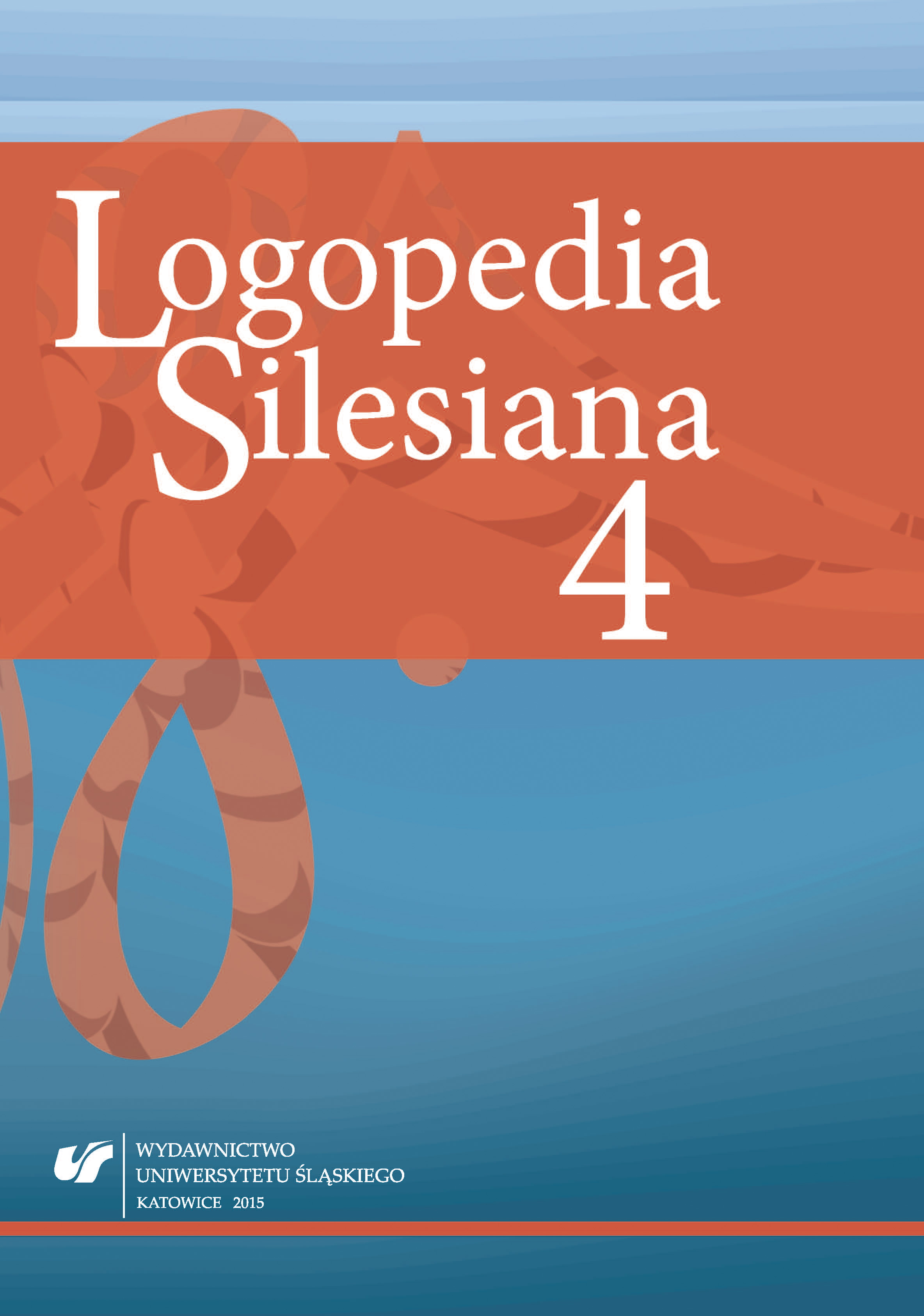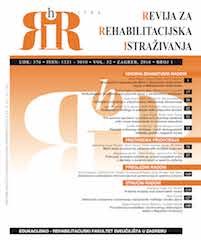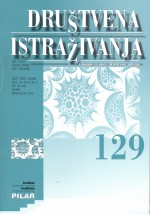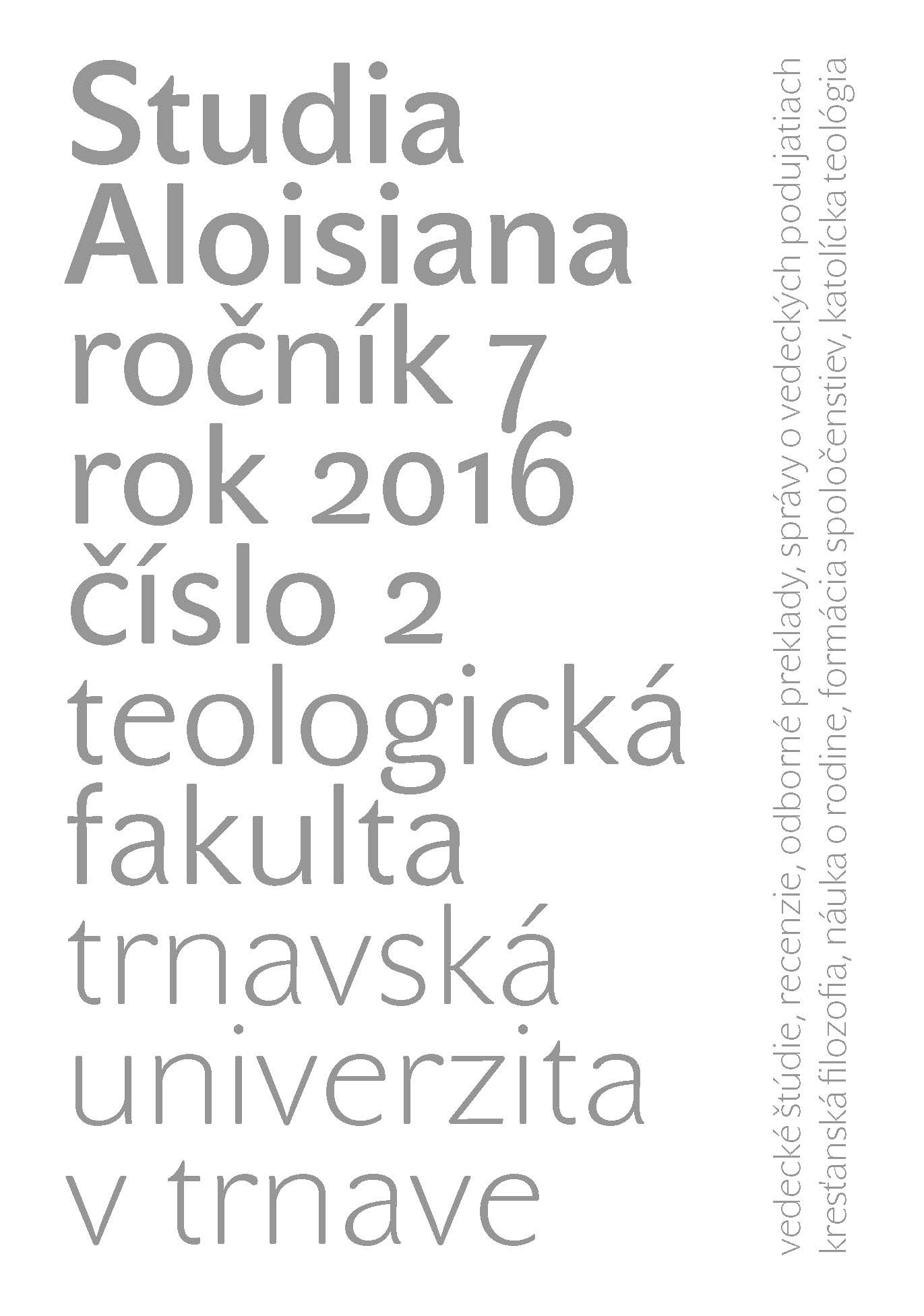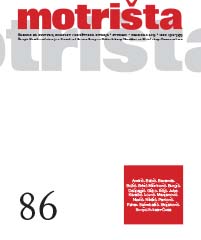Author(s): Ida Hitrec,Ana Knežević,Milorad Pupovac,Marina Sekulić-Sović,Ivana Simeon / Language(s): Croatian
Issue: 80/2015
As semantic deficits are considered to be the basis of cognitive difficulties in schizophrenia, including language and thinking, manifesting themselves as idiosyncratically organised semantic memory, it is understandable that the language of people suffering from schizophrenia captured the interest of linguists who, depending on the linguistic level observed, noticed semantic, syntactic and pragmatic deficits of the disease. However, the majority of linguistic studies of schizophrenia were conducted on English speakers. The present paper is a first study of this type conducted on a patient who is a native speaker of Croatian and it is intended as a starting point for future, more extensive research that would contribute to a better understanding of deficits and allow for a more precise differential diagnosis of the disorder.
The paper gives a detailed overview of the case study that was conducted on a female schizophrenic patient currently undergoing treatment for schizophrenia at the University Psychiatric Hospital Vrap~e in Zagreb. The patient’s spontaneous speech was analysed at the phonological, morphological, syntactic, semantic and pragmatic levels. The patient’s discourse exhibited primarily pragmatic errors, with the patient failing to manage context in a pragmatically appropriate way and to suppress irrelevant context. Disintegration of the deictic frame was also observed.
The analysis of our patient’s speech reveals several symptoms which are consistent with the phenomena observed in earlier studies on English–speaking schizophrenic patients, including derailment, loss of goal, tangentiality and thought blocking. The paper provides an in–depth exploration and discussion of selected segments of the patient’s discourse and, in conclusion, gives an outline of the implications for future research.
More...



